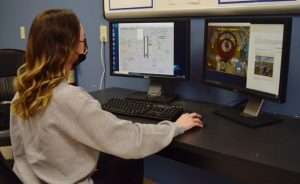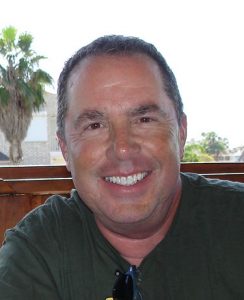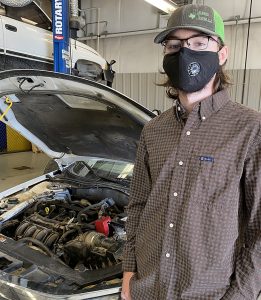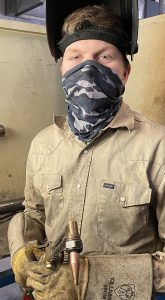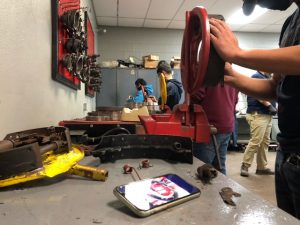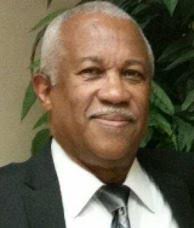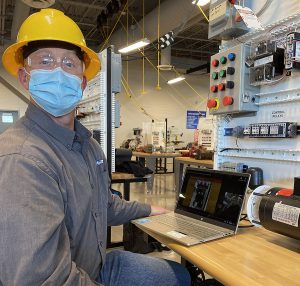(MARSHALL, Texas) – Students in Texas State Technical College’s Process Operations Technology program in Marshall are getting the most out of some new virtual reality software.
The program’s faculty members and students began using PetroSkills Simulation Solutions’ Distillation VR software last summer. The software can be used in classes focusing on process instrumentation, troubleshooting and process technology.
The software simulates what process operators encounter in control rooms at refineries and petrochemical plants. Randy Clark, an instructor in TSTC’s Process Operations Technology program, said the software is the same kind used at Eastman Chemical Co. in Longview and Pergan in Marshall.
Clark said instructors can set up real-life situations for students to solve, such as failing pumps or equipment fires. Alerts are given through alarms sounding in the software. The students must determine how to fix the problems.
“We can make it like every pump can shut down,” Clark said.
Students can access the cloud-based virtual software through TSTC’s Moodle platform, whether on campus or at their residence.
Nick George, of Canton, is scheduled to graduate this semester from the Process Operations Technology program. He learned about the program from his aunt, who took a campus tour with students from the Wills Point Independent School District. At that time, George said he did not know what the process operations field was.
George applied to TSTC toward the end of his senior year.
“I jumped at the opportunity to do something,” George said.
George said he enjoys the program’s hands-on labs, some of which include using the simulator software. During one recent virtual scenario, he had to deal with an overflowing condensate tank.
“This is fun,” he said. “Troubleshooting is fun for me. I like to solve and fix things.”
George has been applying at internships and feels good about his prospects. He wants to stay in East Texas to work.
Janna Jones, of Marshall, is scheduled to graduate this semester from the Process Operations Technology program. She said she chose the associate degree program because of the earning potential upon graduation and seeing what her sister, a graduate of the program, has done while working at a company in Kansas.
Jones used the simulation software for the first time during the fall semester. She said it is user-friendly because there are downloadable instructions on how to maneuver through situations. The software uses color coding to indicate problem areas.
“I’m glad it is here and available,” Jones said.
Jones added that she is optimistic about her job prospects when she graduates.
The Marshall Economic Development Corp. (MEDCO) authorized the purchase of the virtual reality software in February 2020 and donated it to TSTC.
“We would like for those individuals to stay in Marshall and work here,” Rush Harris, executive director of MEDCO, said in July 2020. “It increases our percentage of educated folks in town and increases our annual median and mean income. We are trying to keep the pipeline of employees going to some of these larger companies that pay well.”
TSTC’s Process Operations Technology program teaches students about blueprint reading, industrial processes, process technology, safety and other topics.
For more information on Texas State Technical College, go to tstc.edu.
